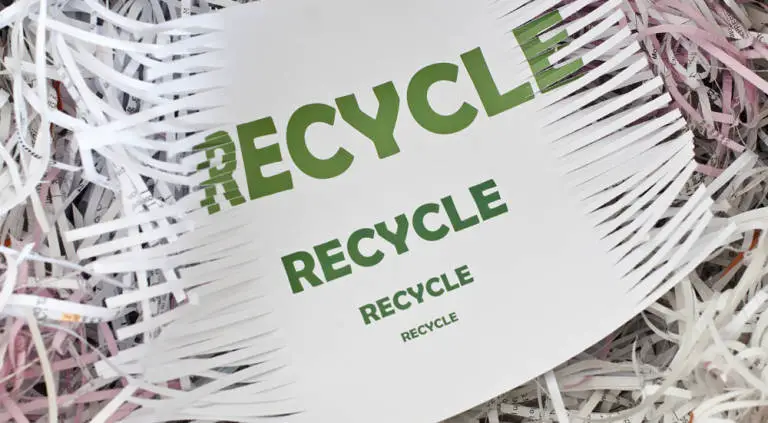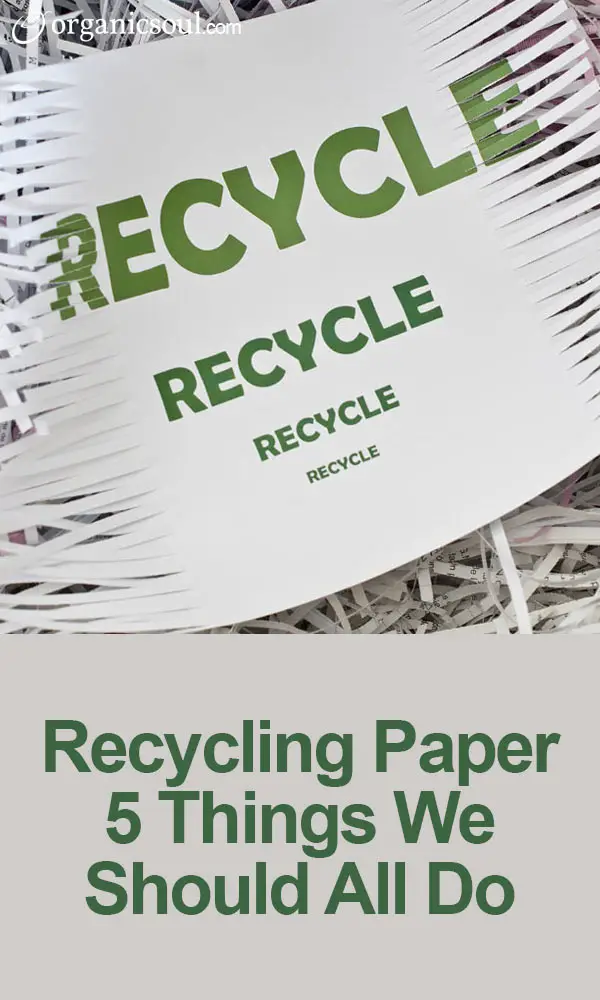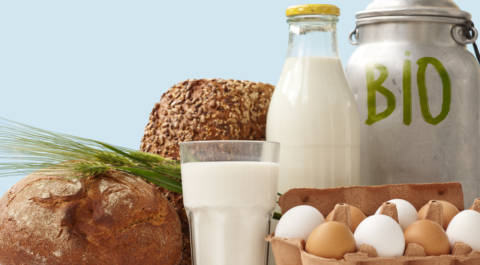
Recycling is important, no doubt, but when it comes to paper, many people hesitate on what exactly to do with it. Should I throw the shiny junk mail in the trash?
Like Organic Soul on Facebook
What about magazines, let alone books? How about paper filled with staples? These are some pretty common questions, and they shed light on the fact that paper is a huge part of our lives, perhaps more than we realize. Because of that, it deserves some much needed attention.
1. Prevention And Education
First, the best way to recycle paper is to, for lack of better words, not to. When I say this, I mean we should focus on taking as much paper out of the process as possible. Cancel your subscriptions to meaningless magazines, read your news online, read books at the library or online, and only print when necessary. So, although it seems a little paradoxical, if you don’t have to recycle anything, that’s the best form of recycling. We should keep in mind though that this is probably unlikely; nevertheless, it’s a good goal.
The second half speaks to education. When dealing with any type of recycling, you want to be sure you know the real benefits and the best strategies. This knowledge should also be passed on to friends and family, as well as coworkers and fellow citizens. Understanding the problem (in this case, deforestation and waste management) is key to thinking through a solution.
2. Specification
Once you’ve minimized your paper input, it’s time to maximize the efficiency of your paper output. First, organize your recycling operation. Unfortunately, not all papers can be recycled, and you’ll want to remove these from your recycle bin.
Here’s a quick list of what to recycle: envelopes, plain printer paper, colored and glossy papers, phonebooks and books of the like, soft cover books, magazines and catalogs, newspapers, cardboard egg cartons, corrugated cardboard, smooth cardboard, cardboard food packages, construction paper, and copy paper.
Here’s a quick list of what not to recycle: food wrapping that is contaminated (or soiled), hardcover books, plastic coated papers (laminated paper, milk containers), and soft paper products like toilet paper, tissues, paper towels, napkins, and tissue paper.
With this knowledge in hand, set a separate recycle bin just for your paper (if you so desire) so it’s easier to sort through.
3. Get The Most Out Of It
Now you know there are many types of paper that can be recycled, but before you send it on its way to the recycling center, consider using it for home projects, scrap paper, note taking paper, and even packaging material. Believe it or not, but pre-Hallmark and corporate Christmas, presents where simply wrapped in a light tissue paper or plain newspaper. This was a great way to reduce the production of papers as well as a great way to keep existing paper in the cycle as long as possible.
Use your imagination when it comes to reuse: make some paper mache, shred up the absorbent paper and use it in your litter box, and use the newspaper as a paper towel when cleaning the house!
4. Remember Cardboard
Don’t forget about cardboard either. Most small boxes can be broken down and simply tossed in the recycling bin. Here, the same basic rules apply: as long as it isn’t “contaminated” or soil by greasy pizza or foods, the recycling center will be able to recycle it. If, for some reason, your local center doesn’t accept it, bring corrugated cardboard to your local grocery store. Tape can sometimes be an issue, but staples are always okay!
5. Create A Demand
Another way to support recycling paper is to only purchase recycled paper and recycled paper products. This, as any economist will tell you, creates a demand for that produc t. The higher the demand for recycled packages, the bigger the incentive companies will have for pursuing recycling and facilitating efficient and cost-effective strategies for recycling.
t. The higher the demand for recycled packages, the bigger the incentive companies will have for pursuing recycling and facilitating efficient and cost-effective strategies for recycling.
A second part of this is being active in your community about recycling. It doesn’t take much to organize an event or bring a booth to a community fair, and it’s a great way to spread awareness. Consider having a paper mache booth parents can come visit with their kids. Just avoid pamphleteering about paper (it’s a little contradictory). Instead, get an email list. I can see it already: “Sign up for our newsletter and make paper mache with your kids!”















